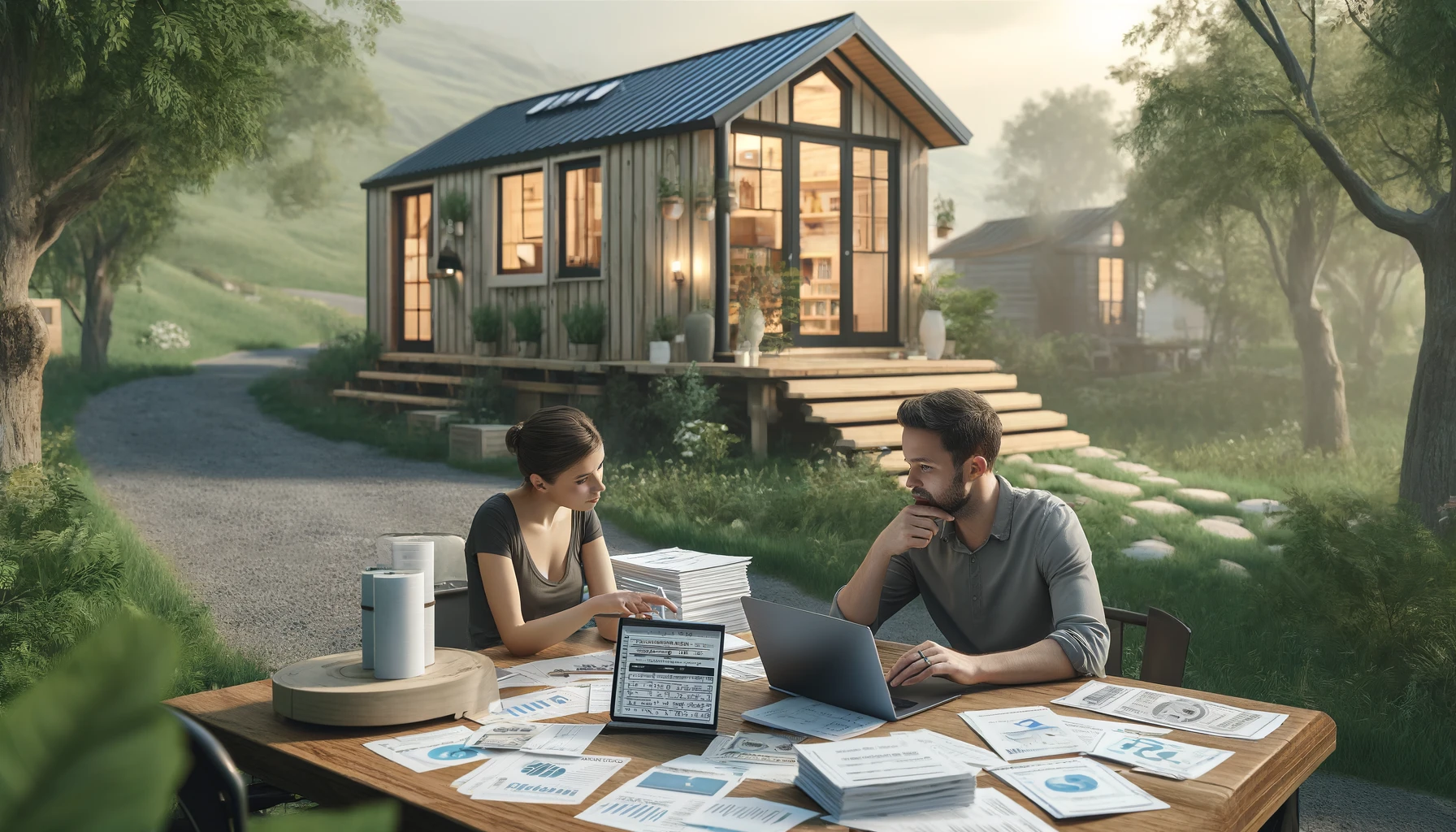Table of Contents
Living in a compact house can lead to a simpler lifestyle, less environmental impact, and financial independence. Owning a tiny house comes with a lot of responsibilities, though, from boosting your home’s market value to being aware of unforeseen expenses. Before taking the major step into tiny living, consider the following.
Achieving Financial Independence with Small Living
The prospect of financial independence, which is sometimes unattainable owing to college loans, a bad economy, and a lackluster job market, attracts a lot of people to modest dwellings. One option to avoid the conventional financial strains of homeownership is to live in a tiny house. However, prospective purchasers need to be prepared for unforeseen expenses including zoning regulations, utilities, storage, and house insurance.
Important Points to Remember:
- Zoning Laws: Navigating local zoning laws can be challenging. Understanding tiny house regulations is crucial before purchase.
- Utilities and Storage: Determine how much it will cost to provide the essential storage and utilities. Many people come up with inventive ways to live more simply in order to cut these costs.
- Location: Factors like as family size, living arrangements, and travel distance are affected by the location of your small home.
Tiny Living’s Financial Benefits
The substantial savings on maintenance, water, energy, heating, and cooling that tiny living provides are one of its key selling points. Prior to buying a tiny house property, creating a budget is crucial.
Savings Advice:
- Minimalistic Lifestyle: Adopt a minimalist lifestyle to discover inventive ways to save money. Learn about minimalist living strategies and one-pot recipes.
- Energy Efficiency: If your tiny house is located in a rural region, think about growing your own food or installing solar panels.
Property Enhancements and Resale Value
Think about the tiny house’s potential for a profit before buying one. Well-thought-out renovations can greatly increase the value of your house.
Increasing the Value of Your House:
- Kitchen Remodeling: Improving your kitchen can frequently significantly raise the value and use of your house.
- Energy Efficiency: Improving your home’s energy efficiency will appeal to prospective purchasers in addition to being environmentally friendly.
- Minor Improvements: Your home’s marketability can rise with even small improvements that bring your house into line with evolving design trends.
“The tiny house movement isn’t just a trend; it’s a lifestyle shift toward sustainability, minimalism, and financial freedom.” – Tiny House Homeland
Final Thoughts
Becoming a tiny home owner is an exciting path to a simpler, more purposeful way of life. You may maximize your tiny living experience by carefully weighing your initial investment, cost-cutting measures, and methods to raise the value of your house when you sell it. Check out Tiny House Homeland, your all-inclusive guide to embracing the tiny living revolution, for additional information and resources on starting this lifestyle.
If you’re prepared to make the move to tiny living, your greatest resources are creativity, education, and readiness. Visit tinyhousehomeland.com to learn more about tiny homes, sustainability, and how to handle the joys and challenges of this lifestyle.

